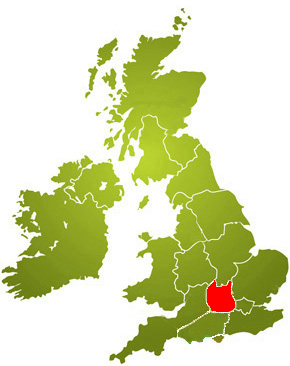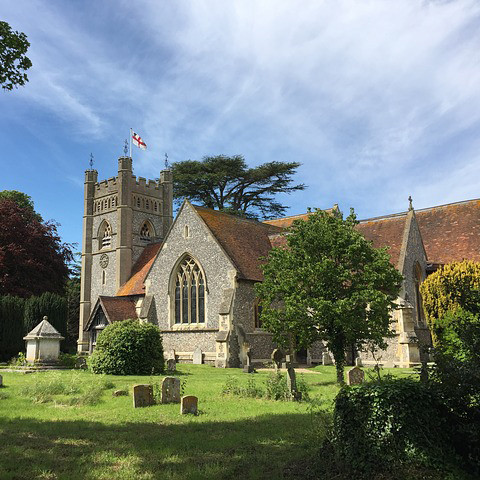 The Oxford (Thames Valley) & Wessex regions amalgamated in 2009 to form the South Central region. But, for deanery purposes, the division between Wessex and Oxford has been maintained. The Oxford deanery comprises the counties of Oxfordshire, Buckinghamshire & Berkshire, whilst Wessex administers Hampshire and the Isle of Wight.
The Oxford (Thames Valley) & Wessex regions amalgamated in 2009 to form the South Central region. But, for deanery purposes, the division between Wessex and Oxford has been maintained. The Oxford deanery comprises the counties of Oxfordshire, Buckinghamshire & Berkshire, whilst Wessex administers Hampshire and the Isle of Wight.
You'll find the training centres differ in terms of service provision, whilst ensuring a broad experience of urology including general urology, uro-oncology, andrology, female urology, complex stone surgery, neuro-urology and paediatric urology.
If you require further information, email Jessica Whitburn (BSoT rep for this region)
Training Units

The Training Programme Director (TPD) for Oxford (Thames Valley) is Mr Paul Hadway who is based at Royal Berkshire Hospital, Reading. If you wish to contact the TPD, please click here to send an email
Training Programme
 The training centres differ in terms of service provision but ensure a broad experience of urology including general urology, uro-oncology, andrology, female urology, complex stone surgery, neuro-urology and paediatric urology.
The training centres differ in terms of service provision but ensure a broad experience of urology including general urology, uro-oncology, andrology, female urology, complex stone surgery, neuro-urology and paediatric urology.
You'ill develop a variety of surgical skills including open, PCNL, laparoscopic and robotic techniques (with dual consoles available for robotic training).
Teaching Programme
Trainees from the region meet monthly for Consultant-led teaching. Sessions follow a curriculum designed to prepare trainees for the FRCS Urology exam, with sessions also dedicated to management and consultancy interviews, to aid applications for Consultant posts.
ARCPs are held in Oxford every June/July, with an additional mid year ARCP for ST3’s and ST7’s held in January. Details are sent out nearer the time, by email, and guidance for a successful outcome is published at the beginning of the academic year.
 Along with full interaction with your ISCP logbook, current guidance includes:
Along with full interaction with your ISCP logbook, current guidance includes:
- 80% attendance at the monthly teaching days, as demonstrated by the sign-in sheet;
- a minimum of one audit; and
- evidence that a peer-reviewed paper is in progress, in review or has been published.
You'll also be advised to keep a separate paediatric logbook detailing experience in clinic and in theatre; this can be added to the miscellaneous section of your portfolio.
Research and Audit
Academic development is also encouraged, with ample opportunity to be involved in research with a strong tradition of publications and international presentations making Thames Valley trainees strongly competitive when it comes to Consultancy application.
Each department has regular departmental meetings for audit presentations and additional educational sessions.
 The Bottom Line
The Bottom Line
HEE Oxford Deanery is committed to improving Junior Doctors’ working lives by championing flexible working more broadly.
With work/life balance highlighted as a mounting concern to doctors in training, and the risk of “burnout” affecting recruitment and retention in some specialties, the need for increased understanding and positive promotion of Less than Full Time Training (LTFT) is recognised by the deanery.
Click here to see contacts, hospitals and administrative information for this region
← Back to Deaneries & Reps page